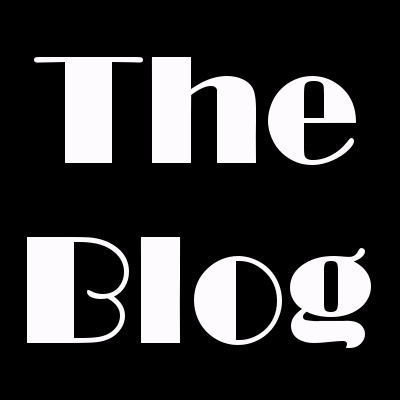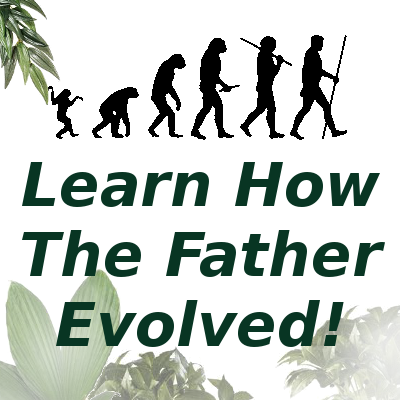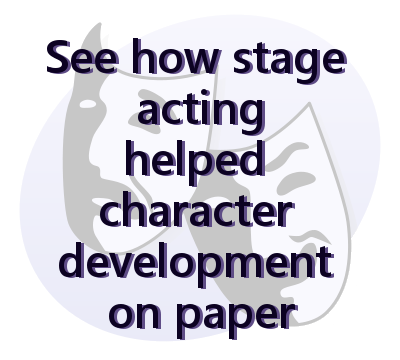
Here the author describes what sustained him for over two decades of writing The Father, and for whom acknowledgement is deserved.
“It was people, places, ideas and music that kept me going. I was lucky. I knew or crossed paths with some brilliant and creative people, most of them unheard of in the tiny corner of applied physics and engineering. One of them, not so unheard of was Dr. James Van Allen, my undergraduate advisor at the University Of Iowa. He and his team introduced NASA to the space age (long before I was around), building the first earth orbiting US satellite in 1958. His last two scientific papers were finished quite literally on his death bed, just weeks from his 92nd birthday in 2006.
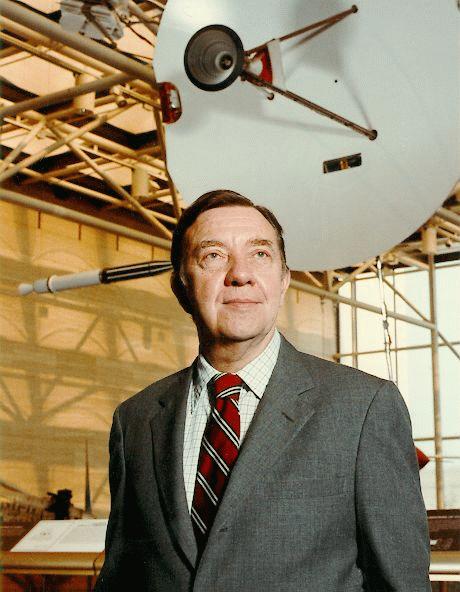
“An undergraduate advisor has not the close relationship to their students as do graduate advisors who work with their students on publishable research, but in my interactions with Dr. Van Allen I found a man humble, humorous, and disarming. When visiting to ask questions about phases of the moon from our introductory astronomy class, he paused, rubbing his chin to ponder as though a serious matter. Relieved to find my question not ridiculous, it wasn’t until years later I recalled just how basic it would have been to him. He did not lord knowledge over ignorance. His dedication and thrill with the quest was an example I emulated.
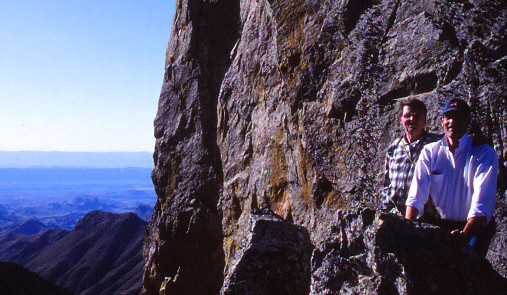
“At the Houston Advanced Research Center I met Dr. Michael Stanford, the most fiercely natural genius I’ve ever personally known. By genius I mean an ability to make connections between things seemingly unrelated to the rest of us. Passionate, hot tempered, spontaneously hilarious, he had (and still has) the strongest conceivable linkage between mandible and the brain’s language center. In other words, unrivalled eloquence, full of facts a computer couldn’t contain, spoken in a way that sounds like a symphony. Stanford was my template for the appearance of Kip in The Father and he inspires me still.
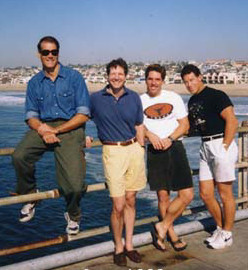
“I’ve been the benefactor of lessons in work ethic and persistence taught through another dedicated individual and long time friend, Dr. Wayne Schroeder, founder, Director and force behind the Advanced Systems Design Syndicate (ASDS) at Lockheed Martin. In engineering, the truth or fallacy of understanding is gauged by a simple measure – the device works or it doesn’t. The root of that understanding comes from scientific studies of nature - nature as the judge. Humans and their civilizations are much more difficult to pin down. A scientific rigor - honest about its limitations - helped in the writing process. I was able to refine that rigor through internal publicaions at ASDS thanks to Wayne’s requirements for clarity, and incorporate that thoroughness in the three most philosophically vigorous chapters in the book.
“Music. Music lifted me and sometimes made the writing more dramatic than it really was – forcing later revision or deletion. But at every coffee shop from California to Germany, it was a companion, dove-tailed with the written word. Classical, movie scores, New Age, and Smooth Jazz were the favored associates.
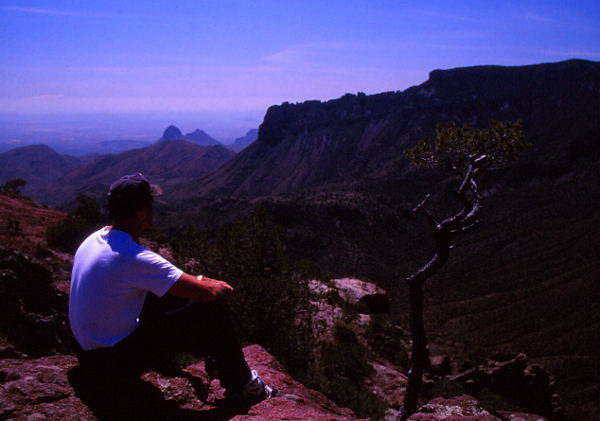
“Wilderness. Joseph Campbell once referred to the ‘Great Loneliness’ as that place where large discoveries are made. Away from civilized clutter, the vision clears in a way less likely in modified settings. Lonely it is not, and never have I felt more alive in a place than when boosted by natural wonders of wilderness. We still have National Parks, natural monuments and wilderness preserves to safeguard remnants of creation in America and I visit them often. Now that I’ve left the technical world for creative pursuits, I virtually live in these places. Photography captures as much as I can, used as fodder for oil paintings back home. During time spent both in wilderness and trying to recreate it on canvas, some of my best writing ideas are born. To my surprise I found the re-creation of nature in my paintings stimulated connections to words I was looking for in the story. I don't understand the mental mechanics of that process, but it works.
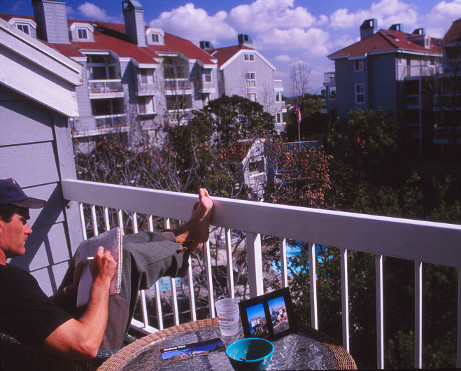
“Books, and their ideas. When I discover some new perspective in those nonfiction books I read most, I conclude no one else knows this. Everyone would be as enthusiastic as I am, and I have some sort of duty to reveal this secret to the world. Of course, drama of the moment fades, and I often come to find the concept well known. Almost as often I find ways to buttress scenes I write with these kernels of wisdom about the human condition. The Father is full of such philosophical lacing. I was heartened - and a little sad - to find after years of study that ideas I wrote, seeming completely original, were already explored by some astute observer long before me - sometimes millennia before me. Apparently, insights are available to everyone.
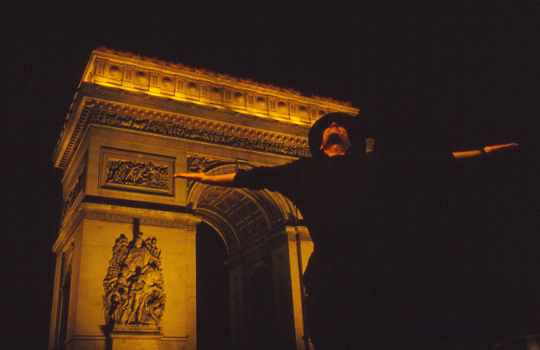
“Travel. When it comes to overseas travel, Europe tops the list for now, except when other countries serve up long lost civilizations like the Maya or Olmecs. There’s much more earth to experience during development of the second of this trilogy, but Europe has such a concentration of high culture and antiquities in a space we Americans perceive as compact, that one can visit Aristotle at his Parthenon or Cicero at the Forum within easy reach of the other. Philosophical offspring as different as Schopenhauer and Rousseau are mere hours apart by bullet train. Civilizations litter the landscape over there. What stirred those people to unify? What made them disappear? Where in that cycle are we? These are among the most important questions to me.
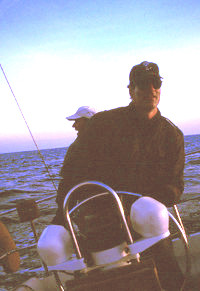
“Sue Benton was the first editor of The Father in 1996. By the end of what became Part 1 she suggested a rewrite of the entire book - not to be completed for 17 years. She tackled it again in 2012. On that occasion her expert talents saved the reader ten thousand words of unnecessary verbiage. Our discussions of the writing craft and what makes a good story great has been a years-long debate improving things along the way.
“Julia Fatou’s edit performed miracles on the text with over 9000 changes. These included a smoother flowing paragraph break pattern, more proper grammar, and a further reduction in word count by another 8,000 words, while noting critical ideas to be saved elsewhere in the text. Her help on the three philosophical chapters made for a speedier read and clarified the most critical points. Occasional rewrites resulted in added material that may contain grammatical errors Julia would fix had she seen them.
“For help with characterizing the times during the 1920’s I have my mother, as well as my father’s brother and sisters to thank: Robert Williams, Ruby Boesenberg, Dorothy Williams. Each sent letters explaining what life was like on the farm, during the depression, and shortly after. I remain grateful for their effort and engagement.
“I started above by noting how lucky I am. Thanks to my parent’s efforts, I was fortunate not to arrive in poverty where struggle dominates survival. I was raised in a blue collar, middle class, public school educated, traditionally American home. Growing up in the Midwest and leaving that home for a white collar world allowed me to challenge old assumptions. From this path, with guides and inspirations along the way, I always hoped to live up to Murray Rothbard’s challenge, that “Every once in awhile the human race pauses in the job of botching its affairs and redeems itself by a noble work of the intellect.”
